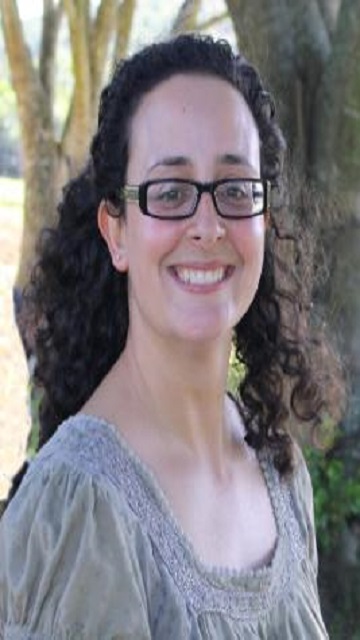
"ARE they really born free?" asked Vanessa Malila this week at the beginning of a talk she gave on the term Born Free, which is usually used to indicate a young South African born after 1994.
"Free from what? Free to do what? Free as individuals or free as a collective?'' Malila, a postdoctoral research fellow at the School of Journalism and Media Studies at Rhodes University who has been conducting research for the past three years among the youth of the Eastern Cape, declared her disapproval of the term, largely because it has generated a growing body of stereotypes regarding today's youth and how they are perceived. Born Frees are "hip, upwardly mobile black African youth'' who have a penchant for designer clothes. Born Frees are "young people who are born without the burden of aparthei ''. Not true, she said.
"This is not to say I'm judging young people who are able to do this, who live this kind of lifestyle," she said. 'I'm judging the stereotype and the fact that it doesn't question the notion of the Born Frees in the society we live in today.'' Malila’s presentation, Being a Born Free, formed part of the Think!Fest programme at the National Arts Festival, where debates occur around relevant sociopolitical issues. Being a Born Free was the first of three race-related presentations at Rhodes University's Eden Grove this past Tuesday. The second, which took place at midday, was Race Trouble in Everyday Life and Domestic Labour, which looked at the employer-employee relationship between domestic workers and their bosses.lt was presented by professor of psychology Kevin Durrheirn, from the University of KwaZulu-Natal.
Dr Nomalanga Mkhize, a lecturer in history at Rhodes, joined both Malila and Durrheim for the third presentation, Troubling Race a Again and Again: A Debate, in the late afternoon. "A big part of what I do,'' Malila said in her talk, "is look at how young people engage with the media and also how they engage with their identities, particularly in the new South Africa and particularly under this term of the Born Frees.'' During her research into Eastern Cape youth, Malila said she was interested to hear "how young people talk about themselves being South African citizens and engaging with them around this idea that they are the Born Frees''. She said: I've come to really dislike the term Born Frees, and particularly in the way it's used by the media and politicians in South African societies." By calling young people Born Frees, she said, society was generalising about a whole generation using the end of apartheid as a reference point. This was dangerous and unwise, she said, given that unemployment is the common denominator among South African youths.
Research from the Institute of Race Relations has shown that African and coloured youth are more affected by joblessness than white, Indian and Asian youth. "This reference point A the transition to a free society A unfortunately does not resonate with many of the young people I have encountered in my research and many feel insulted, in fact, by the implications of the term, which just does not apply to them in any way." At the end of her presentation, Malila suggested a replacement: Youngizens. The term was free of any of the burden imposed on young people who were born after the end of apartheid. "Young people need to be listened to,'' she said. "Young people in South Africa are particularly marginalised, and black African youth all the more so. They are also the young people who will impact the most on the political future of this countrybecause they make up the majority of the voting population.
" The first general elections on April 27, 1994, were seen as a watershed, the moment when an entire generation of South Africans who were born during democracy would enjoy economic and social freedoms that most of their parents had not during apartheid. But that is not the reality, Malila said, as the Rhodes Must Fall episode at the University of Cape Town proved this year, when mostly black students protested institutionalised discrimination at UCT by vandalising the statue of colonialist Cecil John Rhodes and instituted a sit-in until the statue was removed. At Rhodes University the Black Students Movement unsuccessfully demanded the university change its name.
Anthea Garman, a journalism professor who was moderating Malila’s talk, had said earlier after introducing Malila: "Race is not dead as an issue for South Africans. Race is very much alive and very much unresolved."
provinces@thenewage.co.za
Source: The New Age
Article by THABO JIJANA
Photo: Rhodes Archives/ Rhodes JMS
